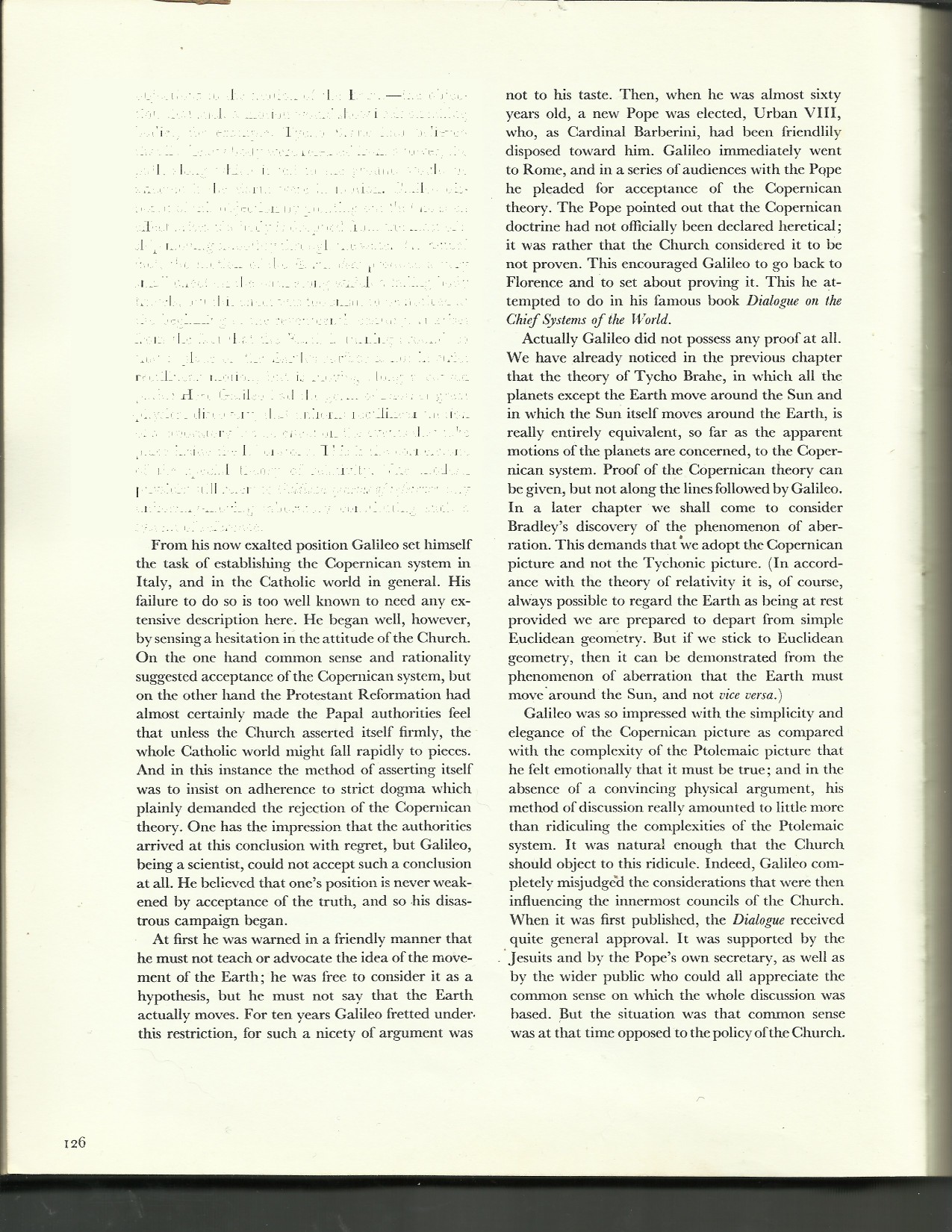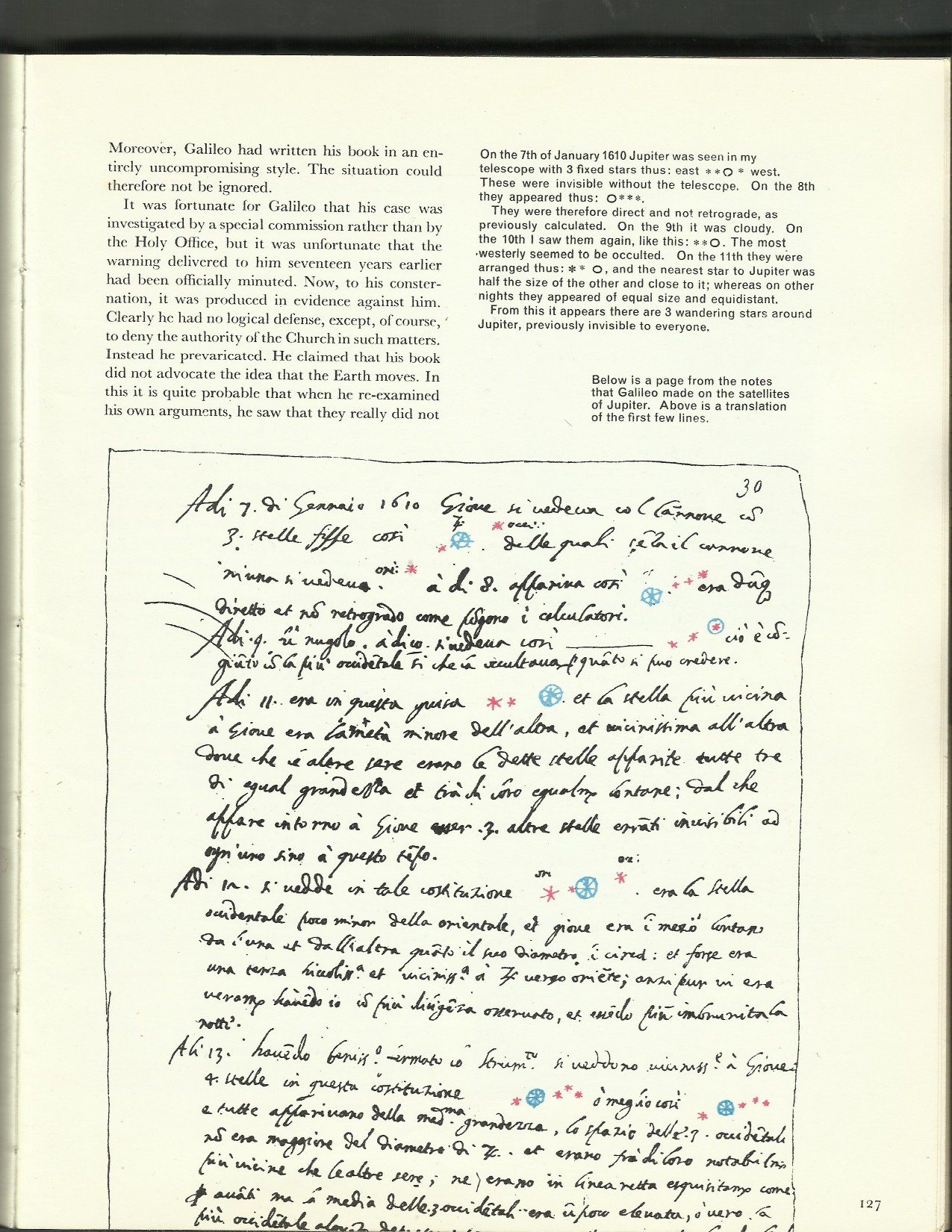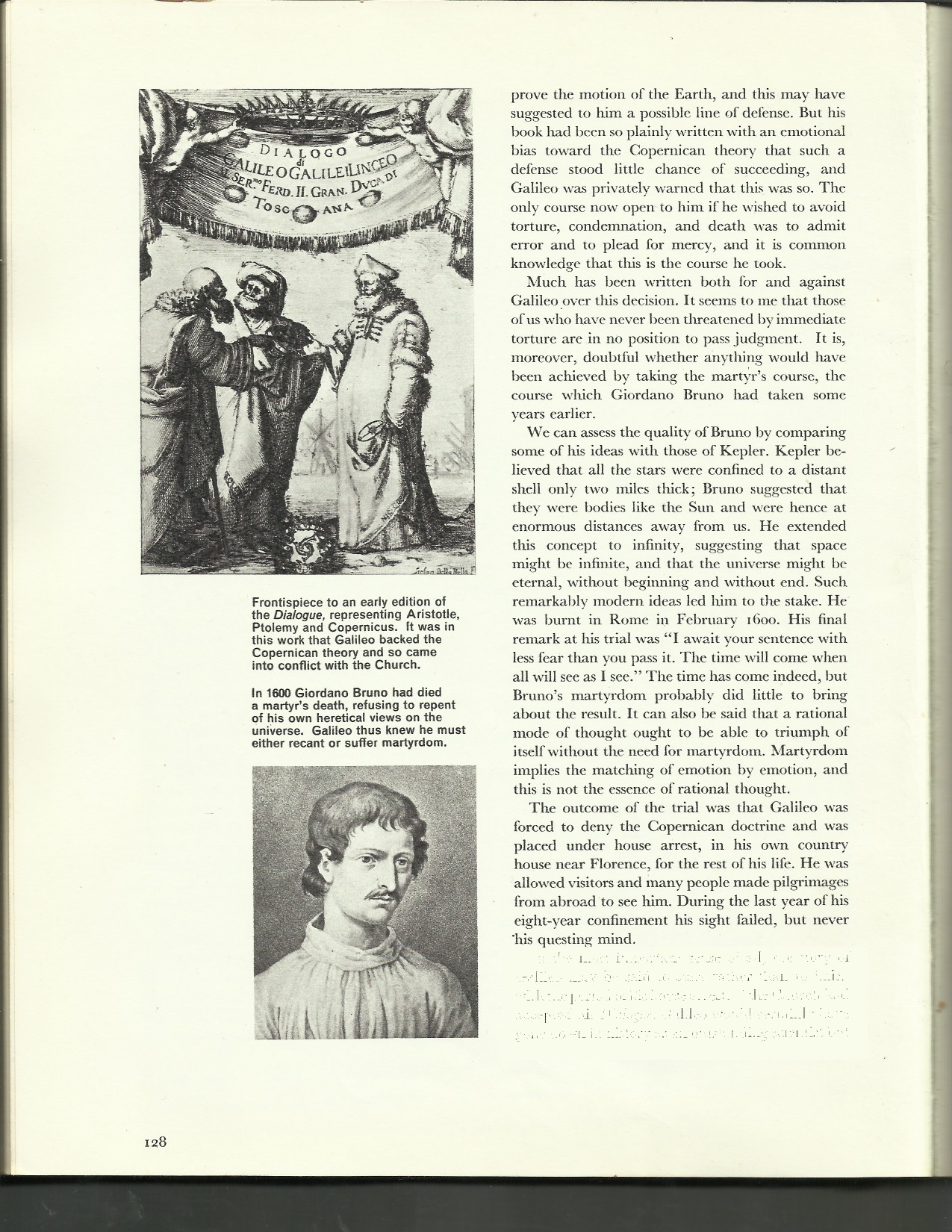You seem confused by the concepts of 'information' and 'error' in this context. Let me explain: random mutations (not totally random, but let it pass) produce variations in offspring. Some of these variations will be advantageous. Over time these are likely to become fixed in the population.That's why it is important to focus on the more objective information problem v the more subjective 'function' problem:
Of course losing the ability to digest certain chemical compounds means a bacteria can 'gain fitness' to survive it's competition, at least in the short term in a niche environment... as a bear losing it's ability to produce pigment in it's fur might do likewise in the Arctic.
But you see the problem here in extrapolating losses into macro-evolutionary gains:
Clearly you cannot get from a bacteria to a human by merely destroying existing functional information! Unless that bacteria comes preloaded with higher functions that merely require activation- removal of 'locks' and this is certainly increasingly considered as a possible solution to the problem, but Darwinism it aint!
Again the problem is not how random error destroys functional information (advantageously or not), that's very easy to test and observe.
The problem is how random errors could ever possibly create vast new volumes of functional information at the quality & quantity needed to account for events like the Cambrian- even in a trillion years, far less a few million.
The information-carrying capacity of DNA is the number of ways its bases can be arranged. Any novel change in a particular arrangement is new information.
Mutations are called 'errors' because the DNA is not perfectly copied, etc. Mutations that produce novel sequences of DNA create new information, whether beneficial, neutral, or disadvantageous. IOW, an error that changes the sequence of DNA produces new information that can have fortunate, neutral, or unfortunate consequences.
Last edited:
Upvote
0




